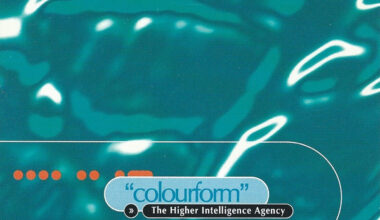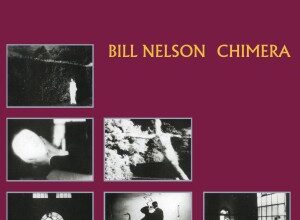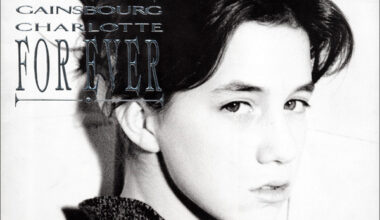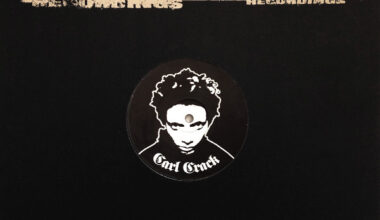
Leila Arab was born in Iran, but moved to Britain at an early age, her family forced to flee the country’s Islamic Revolution because of her father’s ties with the ousted Shah. After a stint as a keyboard player in an early incarnation of Björk’s touring ensemble, she got to work on her own music from a small bedroom, crammed with battered old equipment, in her parents’ North London home.
When Richard James’ Rephlex label released her debut single, ‘Don’t Fall Asleep’, she was an unknown quantity, but its lurching, raw slow motion funk and woozy, dream-like vocals from the equally unknown Luca Santucci stood out a mile among more formulaic late 90s electronica. This was bedroom soul, not exactly lo-fi because of its lush and ambitious production, but revelling in the chance to twist the genre into weird and wonderful new shapes. It was pop music clearly influenced by the extreme ends of experimentalism and stripped of the blandness and over-production that modern soul music had suffered from throughout the 80s and 90s.
When her first long player ‘Like Weather’ emerged not long after, the full scope of her unique vision was laid out in spectacular fashion. The LP was built around a clutch of unforgettable songs, voiced by a small group of singers including Leila’s sister Roya Arab, paced out by delicate, atmospheric instrumentals that subtly shifted and manipulated the mood.
As well as ‘Don’t Fall Asleep’, Santucci also contributes a belting vocal performance to one of the album’s undisputed highlights ‘I Don’t Even Know If I Should Call You Baby’, while simple funk licks find themselves fed back and reversed through Leila’s sampler. In a parallel universe it would be a number one single for a year at the very least. As would ‘Feeling’, a simple and touchingly heartfelt slow jam built around descending chords and sung with effortless grace by Donna Paul.
Equally enthralling are instrumentals like ‘Underwaters’ or ‘Piano String’, partly because of their bewitching grasp of melody and partly because of their sheer originality. It’s impossible to trace an immediate comparison to anything else going on at the time. Indeed, in interviews, Leila would cite movie director David Lynch rather than any single musician as her biggest influence.
The universally glowing reviews for the album were enough to land her a deal with XL, but its follow-up sank relatively without trace. In more recent years, Warp released a third LP which featured Terry Hall and Martina Topley Bird among its collaborators. No doubt we’ve not heard the last of her yet, but ‘Like Weather’ remains her undisputed classic so far, emerging as if from nowhere and opening up a myriad of new possibilities for electronic music.





